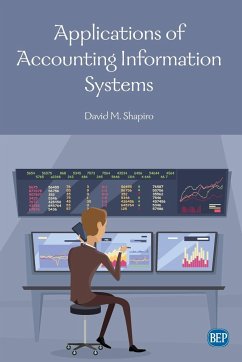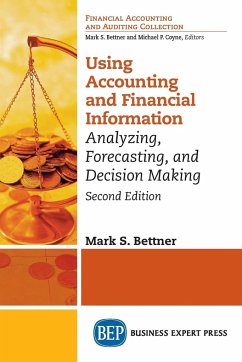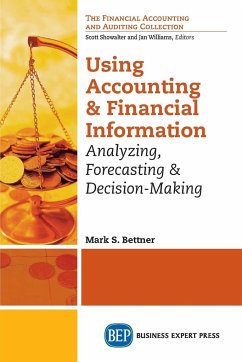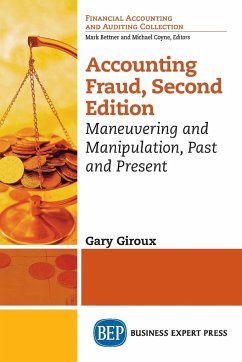The revolutionary effects of using accounting information systems by displacing manual information systems in the private and public sectors cannot be overstated. The benefits of this substitution of set of processes include increased mathematical accuracy, predefined fields and coding tasks, and de-emphasis of manual clerical labor in favor of labor adept in data processing. Reporting can be significantly automated, facilitating managerial power and control at a distance and the proliferation of global enterprises. The potential detriments are rarely accurately, completely, and timely addressed as information system vendors, management consultants, and corporate procurement teams race toward the popularly conceived state of the art. Systems are ballyhooed as continually improving in processing speed, functionality, and capacity. Users of these automated systems may not consider big picture effects, and they may not intelligently consider the conduct risks to their own enterprises by concentrating such global reach and influence at high levels of senior management without dedicating adequate resources to verifying the accuracy, completeness, and timeliness of the information systems. This book considers these risks.
Hinweis: Dieser Artikel kann nur an eine deutsche Lieferadresse ausgeliefert werden.
Hinweis: Dieser Artikel kann nur an eine deutsche Lieferadresse ausgeliefert werden.







